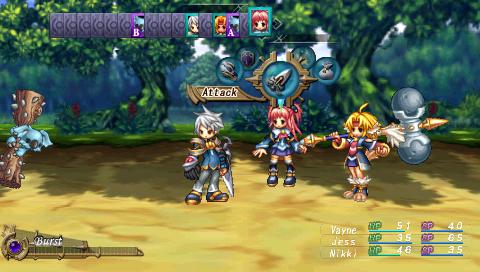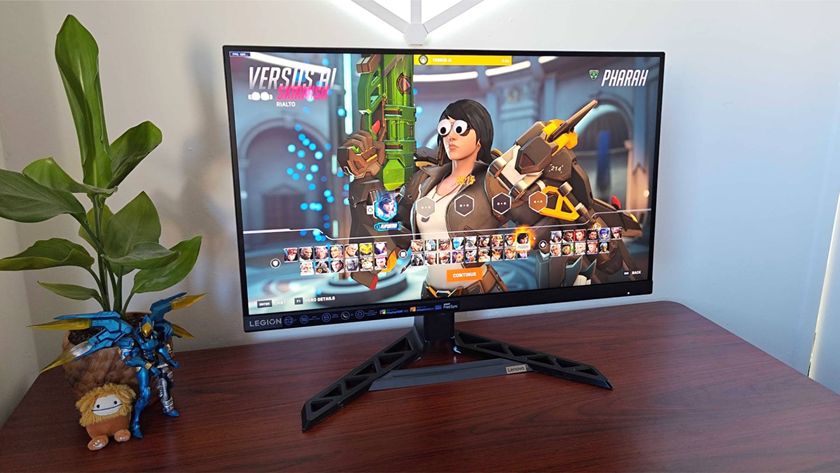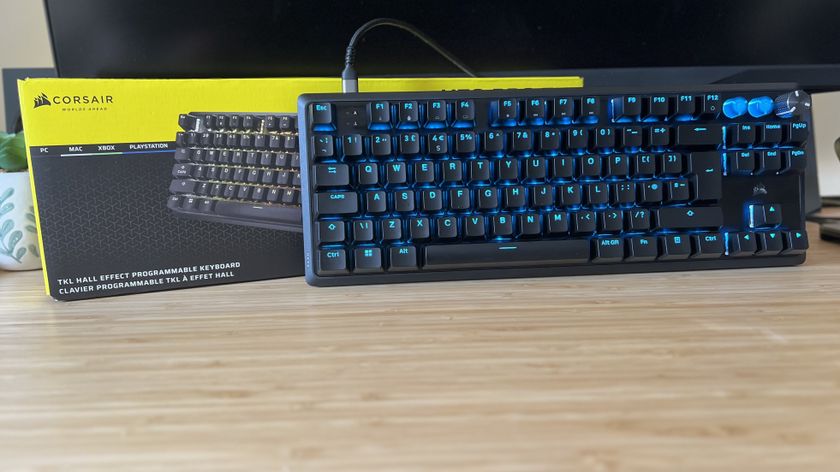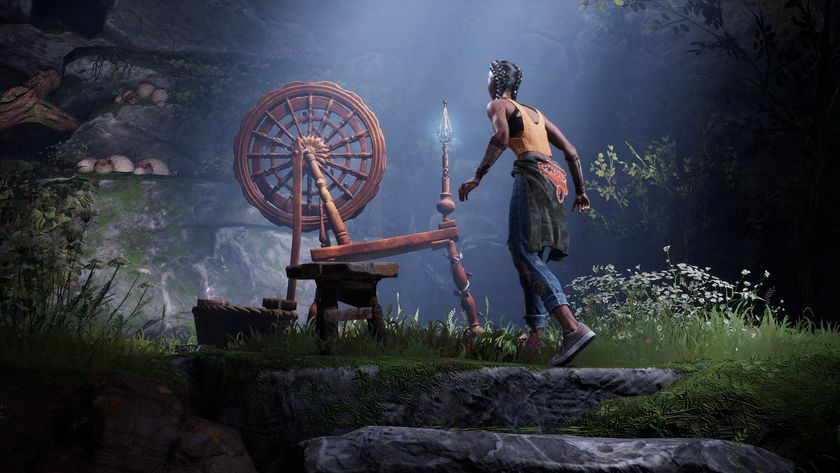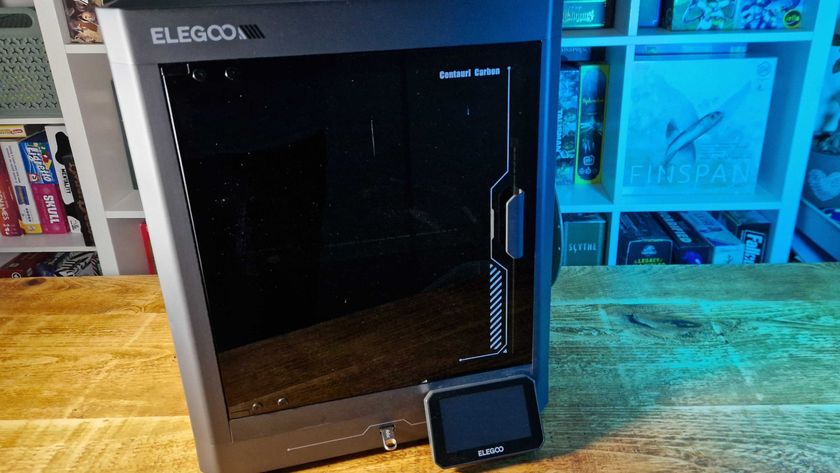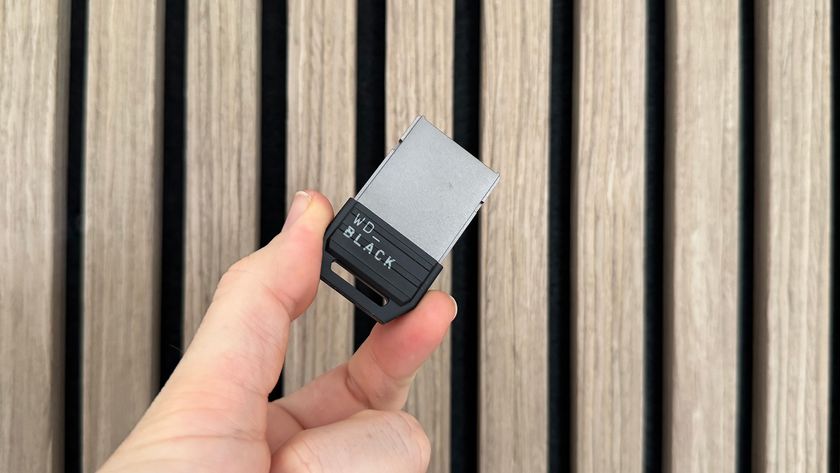Why you can trust GamesRadar+
As with all of Gust's offerings, there's something below all the trappings that keeps you focused. Not exactly devoted, but certainly curious enough to see what happens next. And thanks to a rigid schedule, you're always pushed to that "next" big thing. You go to class, get an assignment (mainly either "make this" or "kill this") and have your results graded. The better you do, the more likely you are to have free time before the next set of classes. This open area lets you either take jobs (the same as Iris 3's bulletin board) or talk with your party members and engage in some Mass Effect-lite character missions that change the game's final outcome.
Each of these sections adds a layer of order to a game filled with tons of rules and variables, so you always know what to do and where to go despite having an avalanche of possibilities. It's a lot to take in, but after the first couple of hours it all starts to make sense - Grow Book and synthesis included. Next thing you know, you're still playing despite a list of complaints. It's the same feeling we get while watching Heroes.
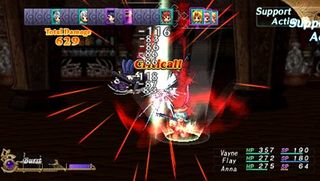
The biggest trouble of all is that Khemia borrows too much from earlier Gust games. Atelier Iris 1, 2 and 3 all share sprites with Khemia, the music is almost identical and the characters are as forgettable as ever. Even if the storyline is somewhat intriguing and the battles (eventually) excite, sitting through one lengthy dialogue tree after the other while alchemists-in-training spout empty phrases about homework diminishes the experience. This style of RPG hasn't been fresh for years, but we'll admit we don't get many of them on PSP, so it fits better here than it did on the RPG-crowded PS2.
Now let's chat about those PSP-only additions we mentioned at the review's start. First comes Jump Start, which is some sort of software routine meant to speed up the PSP's chronically slow load times. Not too exciting. We do like the AD HOC multiplayer mode, which enables coopoerative two-player battles (each person controls a team of three characters). But it requires both players own the UMD, so we're skeptical as to how often that'll get used. However, the meat of the upgrades come in the form of 40+ new items (kitty ears, etc), 60+ new pieces of equipment, more than 150 new recipes, and 10 or more new monsters. Whether that's enough to warrant a replay is something we'll leave up to you.
Apr 1, 2009
More info
| Genre | Role Playing |
| Description | Student Alliance is an updated port of PS2's spiritual sequel to the Atelier Iris series, Mana Khemia: Alchemists of Al-Revis. Notable changes to the PSP version include faster loading times and an added multiplayer co-op mode. |
| Platform | "PSP" |
| US censor rating | "Everyone 10+" |
| UK censor rating | "" |
| Release date | 1 January 1970 (US), 1 January 1970 (UK) |
A fomer Executive Editor at GamesRadar, Brett also contributed content to many other Future gaming publications including Nintendo Power, PC Gamer and Official Xbox Magazine. Brett has worked at Capcom in several senior roles, is an experienced podcaster, and now works as a Senior Manager of Content Communications at PlayStation SIE.

"That was not going to work for Valve": Canceled Half-Life spinoff game Ravenholm was "great, frankly," says Arkane founder, but it couldn’t survive under Valve's "very clear business plan"
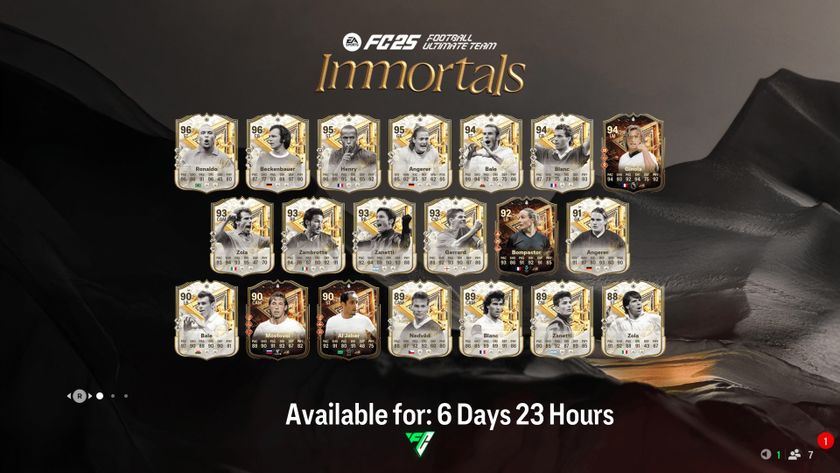
FC 25 Immortals guide adds OP Icons and Heroes cards
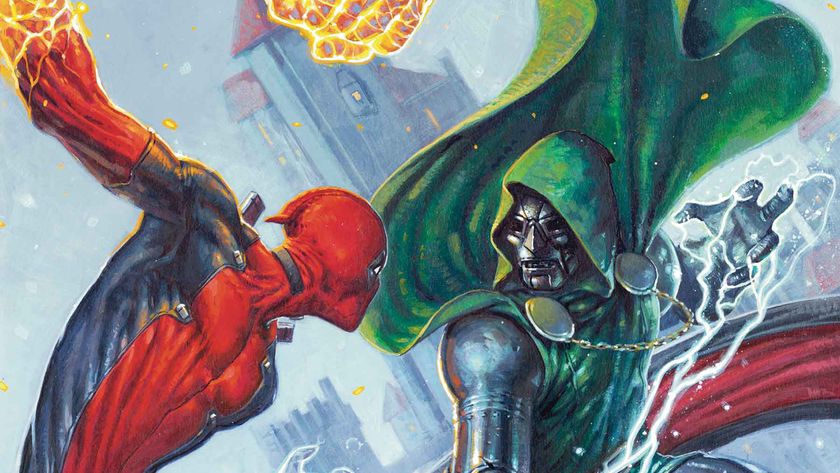
Wade Wilson absorbs the powers of the Fantastic Four to take on Doctor Doom in Deadpool Kills the Marvel Universe One Last Time #4
